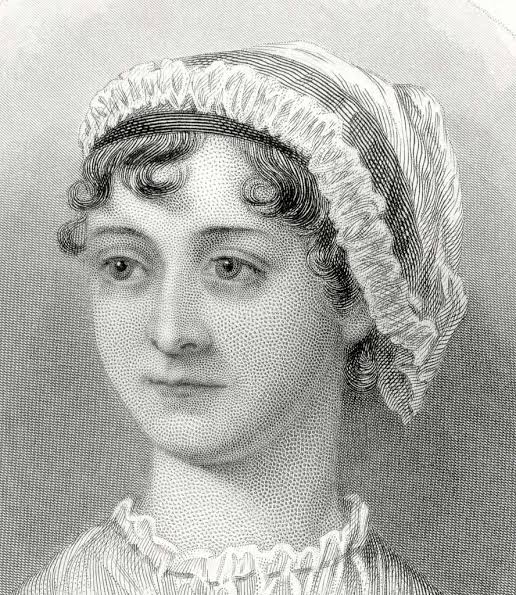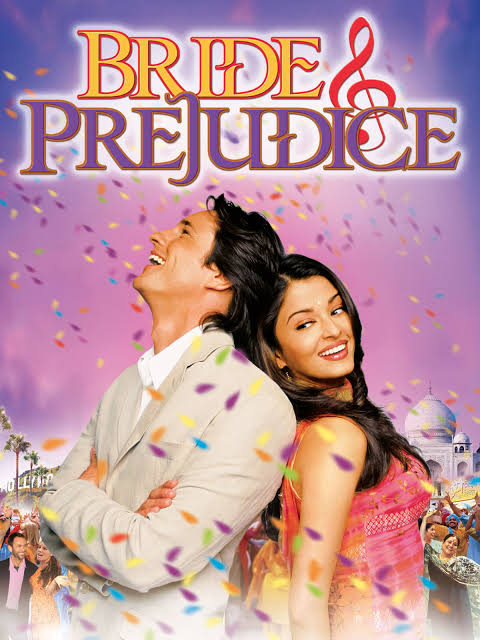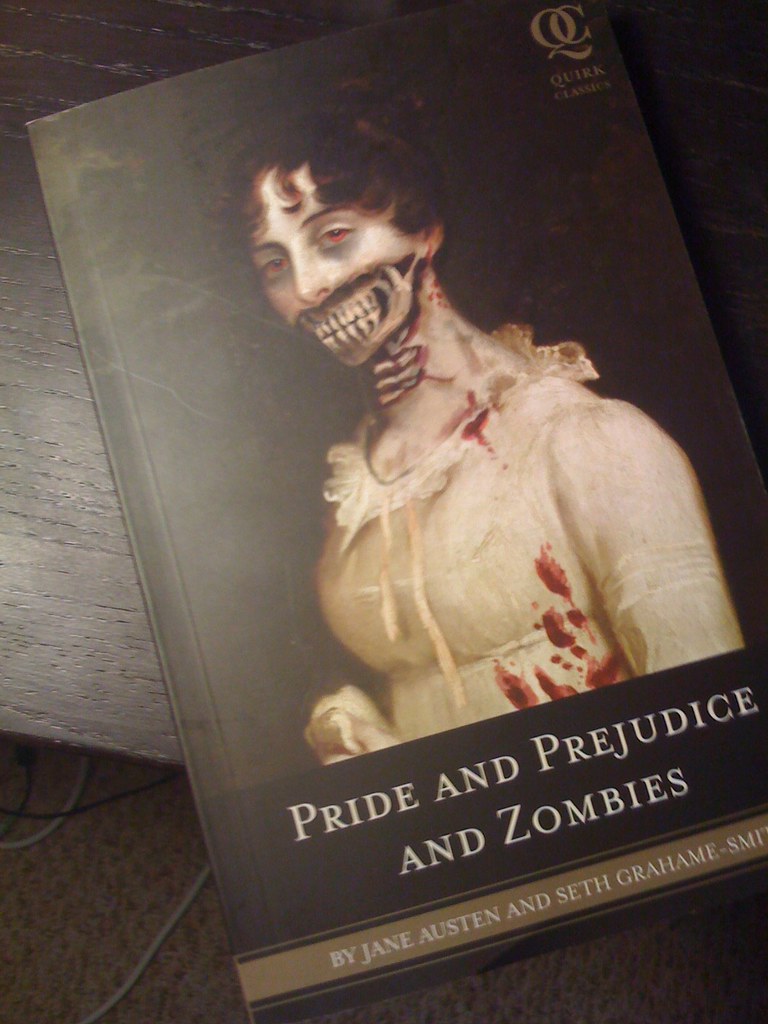Hey there, book lovers and future Austenites! Let’s dive into the world of fancy balls, witty banter, and more drama than your favorite reality TV show. Yep, we’re talking about "Pride and Prejudice" by the legendary Jane Austen.

Let me tell you, this book has all the juicy elements of a great story: love, misunderstandings, rich people acting all snooty, and of course, some good old-fashioned sass.
The story opens with one of the most famous lines in literature:
“It is a truth universally acknowledged, that a single man in possession of a good fortune, must be in want of a wife.”
This sets the tone for the whole novel, where societal expectations and marriage are central themes.
Meet Elizabeth Bennet, our sharp-tongued, independent heroine who isn’t afraid to speak her mind. Then there’s Mr. Darcy, the rich, handsome, but super aloof guy who seems to think he’s better than everyone else. Throw in a bunch of sisters, some embarrassing family members, and a few love triangles, and you’ve got yourself a classic!
Why should you read it? A couple reasons:
First, Elizabeth Bennet is goals. Lizzy (we’re on nickname terms here) is someone you’d totally want as your best friend. She’s smart, funny, and isn’t afraid to call people out on their nonsense. As she says, “I am only resolved to act in that manner, which will, in my own opinion, constitute my happiness.”
Then there’s Mr. Darcy, the ultimate crush. At first, Mr. Darcy seems like a total jerk. But as the story unfolds, you realize he’s just a socially awkward guy who doesn’t know how to express his feelings. Kind of like that kid in your class who never talks but turns out to be really cool once you get to know them.
And oh, the drama! From scandalous elopements to awkward proposals, this book has enough twists and turns to keep you hooked. It's like the 19th-century version of a good soap opera.
Despite being written in the 1800s, "Pride and Prejudice" is still super relatable. Ever had a crush on someone who seemed way out of your league? Or had to deal with a family member who embarrasses you in public? Austen gets it. Plus, the themes of love, pride, and societal expectations are still things we deal with today.
Expect to laugh, swoon, and maybe even roll your eyes at some of the characters. You’ll get swept up in the elegant world of the British upper class, but don’t worry, there’s plenty of humor and wit to keep things light. And who knows, you might even learn a thing or two about judging people too quickly.
Here are some fun facts and trivia to spice things up! Did you know that Jane Austen originally titled the novel "First Impressions"? But she had to change it because another novel with the same name had already been published.
Also, Mr. Darcy’s full name is Fitzwilliam Darcy, and the name "Darcy" was inspired by the real-life noble family of the Earl of Holderness.
And get this, the initial print run of "Pride and Prejudice" was only 1,500 copies! Imagine if Austen could see how popular her book is today.
Oh, and if you’re a fan of adaptations, you’re in for a treat. There have been countless adaptations of the novel, including TV series, movies, and even a Bollywood version called "Bride and Prejudice." There’s also a quirky adaptation called "Pride and Prejudice and Zombies," which adds—you guessed it—zombies into the mix!


And here's a fun personal tidbit: Jane Austen herself never married. Despite writing some of the most beloved romances in English literature, she lived her life as a single woman, which gives her insights into marriage and societal norms an extra layer of authenticity and irony.
"Pride and Prejudice" was published in 1813, during the Regency era in Britain. This period was marked by significant social and economic changes. The novel reflects the issues of class and gender that were prevalent at the time. Women’s roles were largely limited to the domestic sphere, and marriage was often the only way for women to secure their futures.
Jane Austen’s sharp critique of these societal norms was groundbreaking. She managed to weave a story that was both entertaining and subtly revolutionary, questioning the status quo and highlighting the limited options available to women. Austen’s wit and keen observation of human nature make "Pride and Prejudice" not just a love story but a commentary on the social fabric of her time.
But for balance, let’s talk about why you might not want to read it.
The book was written in the early 1800s, so the language can be a bit tricky. Words and phrases might feel outdated, and some sentences can be long and confusing. If you’re not into decoding old-fashioned English, this might be a turn-off.
Compared to today’s fast-paced novels and movies, "Pride and Prejudice" can feel slow. There are lots of detailed descriptions and long conversations. If you’re more into quick action and less chatter, this might not be your cup of tea.
The story revolves around the lives of the British upper class and their problems, which might seem irrelevant or even annoying to some readers. If you’re not interested in who marries whom and why it matters to their social standing, you might find it hard to care about the characters’ struggles.
And since it’s a classic, many of the plot twists and character types have been reused in countless other stories. You might find some parts of the story predictable if you’ve already seen similar themes in modern books or movies.
"Pride and Prejudice" is a beloved classic for a reason, but it’s not for everyone. Whether you decide to dive into Austen’s world or not, it’s always good to know what you’re getting into.
As Mr. Darcy might say, “You must allow me to tell you how ardently I admire and love” this book. So grab a copy, find a cozy spot, and get ready to join Lizzy and Mr. Darcy on their unforgettable journey.
Happy reading, whatever you choose!